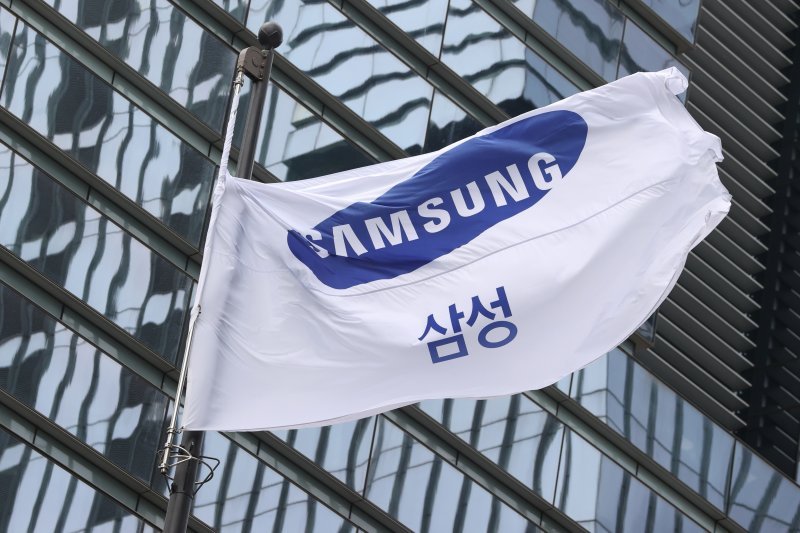[fn Editorial] Samsung breaks free from 10 years of judicial shackles, ready to soar again
- Input
- 2025-07-17 18:09:14
- Updated
- 2025-07-17 18:09:14
Supreme Court confirms innocence of Lee Jae-yong
No more excessive investigations on businesses
No more excessive investigations on businesses

Chairman Lee was indicted in September 2020 for allegedly illegally intervening in the merger process of Samsung C&T and Cheil Industries in 2015. During the investigation, the Supreme Prosecutors' Office's investigation review committee recommended suspension of the investigation and non-indictment, but the prosecution did not comply. In February last year, the first trial, and in February this year, the second trial court successively acquitted Chairman Lee of all charges. None of the prosecution's claims, such as committing illegal acts to stably succeed management rights, were accepted. The prosecution's reckless appeal was criticized as mechanical and irresponsible, but the prosecution eventually proceeded with the appeal. However, as expected, the Supreme Court's ruling also concluded with innocence. The prosecution must take corresponding responsibility for this.
The past 10 years spent on investigations and trials are painful for Samsung. While cutting-edge technologies, including artificial intelligence (AI), have been evolving, Chairman Lee was bound by judicial shackles and engaged in a war of attrition. During the time spent in custody and court appearances, Samsung's momentum, which once dominated the global semiconductor market, significantly declined. It suffered from the pursuit of latecomer Chinese companies, and the gap with Taiwan's TSMC, the No. 1 foundry, widened. In AI chips, it was overtaken by SK Hynix. The discovery of future food sources was slow, and large-scale investments were not properly made. The criminal image imposed on a top-tier company is also fatal. Even with the court's confirmation of innocence, it is not easy to remove. The harm of excessive corporate investigations should no longer continue.
Chairman Lee, who has cleared all judicial risks, inevitably bears a heavy burden. Everyone hopes he will create another miracle for Samsung and greatly contribute to the Korean economy. The global advanced technology battle is an urgent situation that goes beyond corporate victory or defeat and is directly linked to national security. For the Korean economy, which has lost its growth engine, to reattach the wings of revival, Samsung's role is more important than ever. Many expect Samsung's new innovations to continue the myths of home appliances, semiconductors, and smartphones.
Challenges may exist everywhere. Internally, the company must eliminate complacency and bureaucracy and revive the spirit of Samsung's super-gap. Challenge and disruptive innovation were what Samsung did best in the past. Socially, institutional support is also desperately needed. The judicial risks Samsung faced are not unrelated to the long-standing anti-business, anti-chaebol sentiment. Vague antipathy towards companies and entrepreneurs does not help the national economy or the lives of the people at all.
Growth and jobs are possible only when the struggles of companies and the indomitable will of entrepreneurs are demonstrated. If companies cannot thrive, the future of young people is bleak. In a climate that despises companies, hope cannot sprout. Therefore, policy support to encourage entrepreneurship should not be spared. Considering this, the ruling party's push for a more stringent Commercial Act amendment or the Yellow Envelope Act should be restrained. Plans to raise corporate tax, which was previously lowered, are also inappropriate. In an extraordinary situation, the role of Samsung and companies is more important than ever.